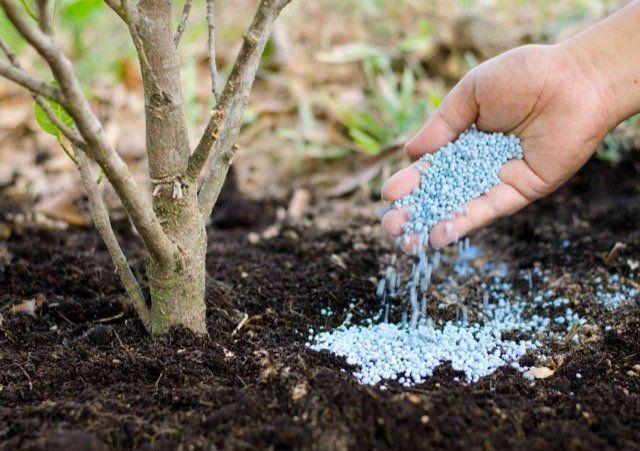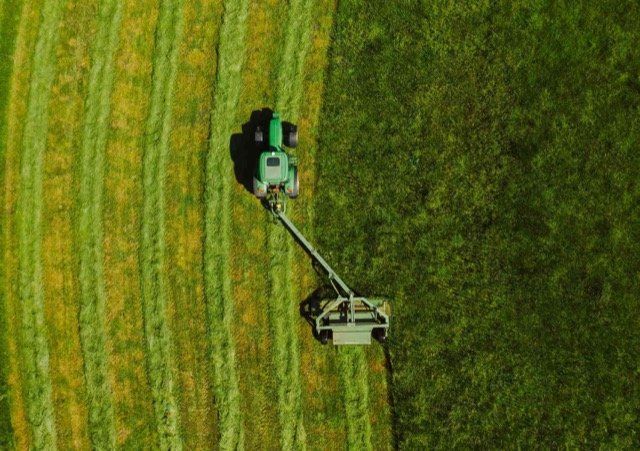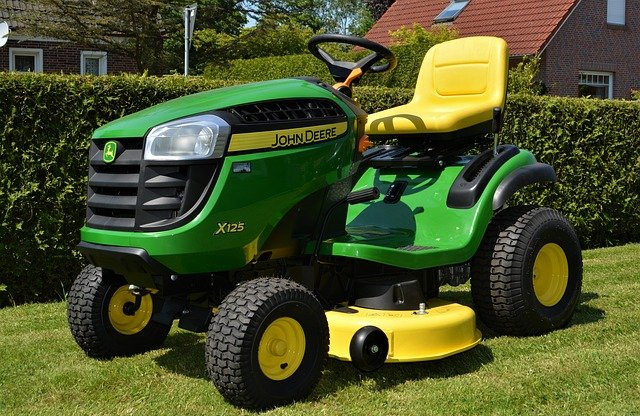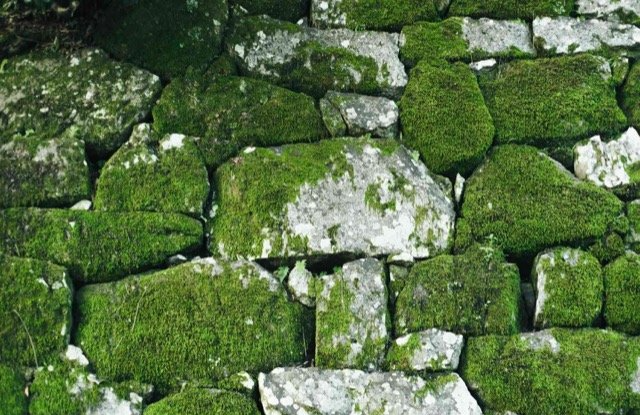Landscaping Surrey Blossm
Power Raking and Lawn Fertilization in Surrey, BC
A power rake is a device that uses a long, flexible string to pick up particles in the soil and toss them into the air. Power rakes are usually used to fertilize lawns and landscapes.
The main benefit of power raking is to control the rate at which you fertilize your lawn, which helps prevent over-fertilization and weeds from growing.
There are several factors that determine how much fertilizer you need for each square foot of your lawn:
- The shape of the area you are fertilizing
- The type of fertilizer you use
- The surface area of your lawn (mowing or raking required)
- The length of time you want to fertilize for (how long it takes during each season)
- Type of grass (turf, sod, or hillside)
Request a quote
Contact Us
What is Lawn Fertilization?
Lawn fertilization is one of the best ways to improve the appearance and health of your lawn.
Lawn fertilization is a mechanical process in which you use your fertilizer dispenser to collect seeds or fertilizer from the ground, mix them with water, and spray them onto your lawn. The result is a lush green lawn coated with fertilizer that lasts for months and lasts even longer in drought-tolerant climates.
Organic fertilizer will not turn your lawn brown like chemical fertilizers will. It will also not kill weeds and other plants as a chemical fertilizer would. In fact, it can actually enhance your plants by adding nutrients that they need to stay healthy and strong!
How Do I Power Rake?
Using a lawn mower works best for raking the seed heads, but doing it manually has its own advantages too:
You can move around the yard with more freedom than if you were using a mower's handle because you don't have to tie down anything. You can mow around trees and bushes easier because you don't have to worry about getting stuck or damaging them. You can use less fuel because there's no mowing into new growth unless it's necessary.
Although power raking does not work as efficiently on gravel or sand as it does on grass (which is why manual raking is still preferred), power raking does work well on brick-like surfaces such as concrete or brick pavers. But there are times when manual power raking may be preferable -- say if you want to make an instant mess of your driveway by sweeping up big clumps of concrete -- so take care not to damage the pavers while doing so! One thing that should be considered before buying any type of vacuum or blower/blower attachment designed specifically for power raking is how well they'll actually work on concrete/brick surfaces over time. If they don't get stuck, brush up against other things (such as picnic tables) while doing so, but do not go too far without stopping!
Also, try not to use very large items -- anything heavier than yourself -- because it may knock over the sweeper's head (which could cause it to fall out of reach).
What kinds of seeds do I need?
Depending on where you live and what kind of plants grow there, you might have seeds from one type every year or from several types at once each season.
These types are annuals, biennials, perennials, and wood.


How To Use Power Raking and Lawn Fertilization For Lawn Protection
In Surrey, BC, we have learned that power raking and lawn fertilization is a way to protect your lawn over time. There are many ways to do this. We will discuss the most common methods and explain how they work.
You can either use chemicals like Roundup® or chemical fertilizers like Lawn Fertilizer® on your lawn. The reason you don’t want to use these chemicals on your lawn is because they can make your lawn brown in a few weeks, which is not good for it.
Here are some other reasons why you should not use chemical fertilizers on your lawn:
– They will kill off all the beneficial bacteria in your yard that help keep your grass healthy and strong.
– Once the chemicals have killed off all the beneficial bacteria, it will no longer be effective at keeping your yard healthy and strong
– Your lawn could become more prone to diseases that could harm it
What kind of power raking? What kind of fertilizing? How do I do it?
Power raking allows you to rake over a portion of the soil with a mower without harming plants or working around them (just in case they look out at you!). This method emphasizes taking just enough soil from below where plants live so that there isn’t too much between you and them (which can prevent brush from growing).
This method also utilizes less water than chemical fertilizer applications since you don’t need to disturb topsoil as much. Just imagine a blanket covering a portion of the ground where plants live! Here are some important things about power raking:
-It works best when done over dry weather conditions (i.e., no rain, windy weather)
-If done in wet weather conditions, get rid of excess water before mowing and/or watering again once mowing ends
-If done soon after rain has stopped, power raking may cause more harm than good if plants have already been damaged by rain water
-Some people may find that their power raking falls into one of these categories:
- not enough soil removed;
- too much soil removed;
- too much vegetation removed;
- too little vegetation removed;
- too much vegetation removed;
- weeds (clover);
- grasses (grass cutting);
- bare ground -You can use 1-2 fingers of pressure when using hand POWER RAKING with an ordinary garden mower. To be safe, I recommend doing this only for small


Work With Our Landscaping Company!
Power raking and lawn fertilization is the process of applying herbicides on the lawn to control weeds and grass. This process can be done by our team using a power rake with a sprayer, or using an herbicide-tolerant cultivar that can withstand the application of herbicides.
The most common lawn fertilization techniques are:
1. Grass fertilizer application every month or two, depending on the type of grass and its growth rate. This can be done by hand or with a fertilizer spreader, typically operated by electric motors, which apply fertilizer directly onto the lawn at high velocity.
2. Grass fertilizer application every year or two, based on soil conditions and growth rates of grasses in particular areas of the lawn. This can be done by hand or with a fertilizer spreader, typically operated by electric motors, which apply fertilizer directly onto the lawn at high velocity.
3. Lawn fertilization with synthetic organic nitrogen (SON) in which the application is made more frequently than one year to two years depending on the growing season. The method used has not been standardized; however, most methods use an electric motor to apply nitrogen to either sprinklers or drip irrigation systems that deliver nitrogen as liquid into a reservoir system where it is absorbed into corn stalks; this liquid causes expansion and/or movement over time as it continuously feeds nitrogen into corn stalks and leaves until it reaches their roots where it breaks down for CO2 release in order to nourish plants; this process does not kill weeds but reduces them from overgrowth and allows for regular mowing again after fertilization applications have been completed
4. Lawn fertilization with synthetic organic phosphorus (SONP) in which ammonium phosphate is applied as a liquid at a rate that maintains uniformity across an entire lawn so that only through its slow breakdown does phosphorus accumulate in plants' root system; this method has been shown to not only reduce weeds but also effectively increase plant growth rates within turfgrasses like Bermuda grass (Bermuda), fescue (Fescue), zoysiagrass (Zoysiagrass), chrysanthemum (Chrysanthemum), bermudagrass (Bermuda), oatgrass (Oatgrass), and Asian longhorned grass(Alfalfa).
This article provides information about how you can use power raking & lawn fertilization to benefit your family's health &
maintain your garden.
